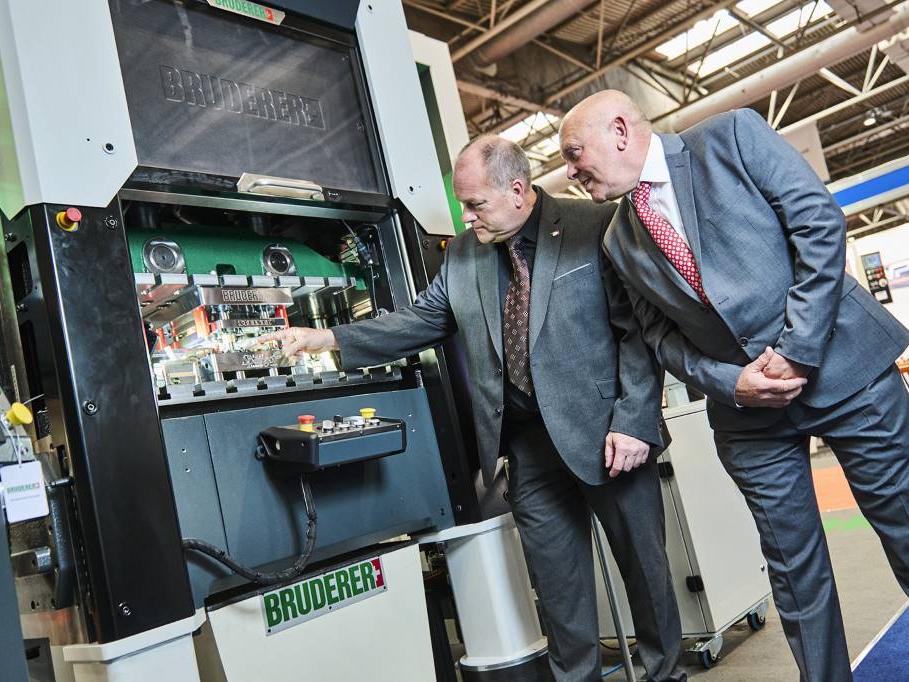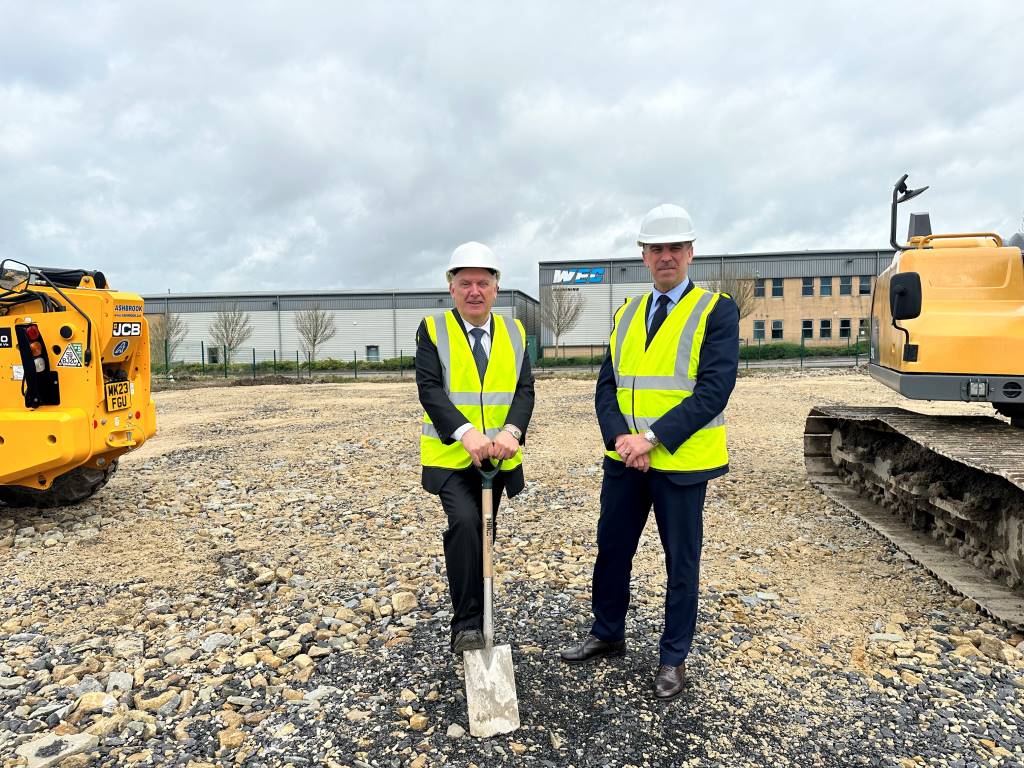Automation helps build more sustainable manufacturing

Through calculating its carbon hand- and footprint, automation specialist Fastems has taken its first steps towards understanding how automation enables more sustainable production development and how to reduce the company’s own environmental impact.
In addition to these calculations, the company has mapped out how the three pillars of sustainability, namely the environment, the economy and the society can be supported through intelligent automation solutions.
Together with leading sustainability agency Gaia Consulting, Fastems has modelled the mechanism that measures how much tCO2e (tonnes of carbon dioxide equivalent) is saved through investing in an average Fastems flexible manufacturing system (FMS).
This measurement is called the carbon handprint. According to these calculations, it is possible to save up to 538 tCO2e through the investment, which is equal to making 76 car trips around the globe.
Fastems’ CEO Mikko Nyman explains: “The effect is possible because automation can triple the utilisation rate of machine tools. A typical non-automated machine tool cuts chips around 2,000 hours per year whereas an automated variant can reach 6,000 – or even over 8,000 – yearly production hours. This means that instead of purchasing six non-automated machine tools, manufacturers can purchase two automated equivalents to achieve the same production capacity.”
The figures represent the typical milling machine sizes integrated by Fastems and the typical emissions caused by their production, netted against the emissions caused by the production of the automation solution. Moreover, an estimate of 34 tCO2e is also being saved every year in heating (or cooling) costs because of saved floorspace.
For Fastems, these figures are part of a larger picture: “We’re building a more sustainable future with and within manufacturing. To do so, we’re helping companies to work smarter when it comes to materials, energy and people. We want to enable manufacturers to do what they do best, but by using less,” Mr Nyman adds.
“All this is possible because automation and digitalisation enable greater resource efficiency, more timely production, less waste and improved quality. At the same time, work becomes more meaningful and safer for the operators involved. Automation helps to make manufacturing competitive anywhere in the world; benefiting from strong manufacturing is a cornerstone for economic success in any nation.”
In addition to its carbon handprint, Fastems has also calculated its carbon footprint, meaning the CO2-equivalent of emissions associated with the company’s own operations. This is an important step because once the numbers are known, they can be improved.
Regarding Fastems’ direct emissions and those from purchased energy (GHG Protocol Scopes 1–2), the biggest share comes from consuming electricity and heat, which make up nearly two-thirds of the company’s carbon footprint. Now that scopes one and two have been calculated,
Fastems’ next step is measuring its indirect emissions (GHG Protocol Scope 3) beginning with business travel, and to set goals in 2021 to reduce its carbon impact.
“Despite business travel only accounting for a part of our indirect emission, it’s one of the most substantial factors and once calculated we’ll know much more about our environmental impact as a whole and be able to set goals to reduce it,” says Mr Nyman.
“The carbon hand- and footprint calculations, understanding the three pillars of sustainability and what they mean to us, as well as setting goals for the future are what allow us to build a more climate-friendly Fastems and manufacturing industry in general.”
Fastems
www.fastems.com













